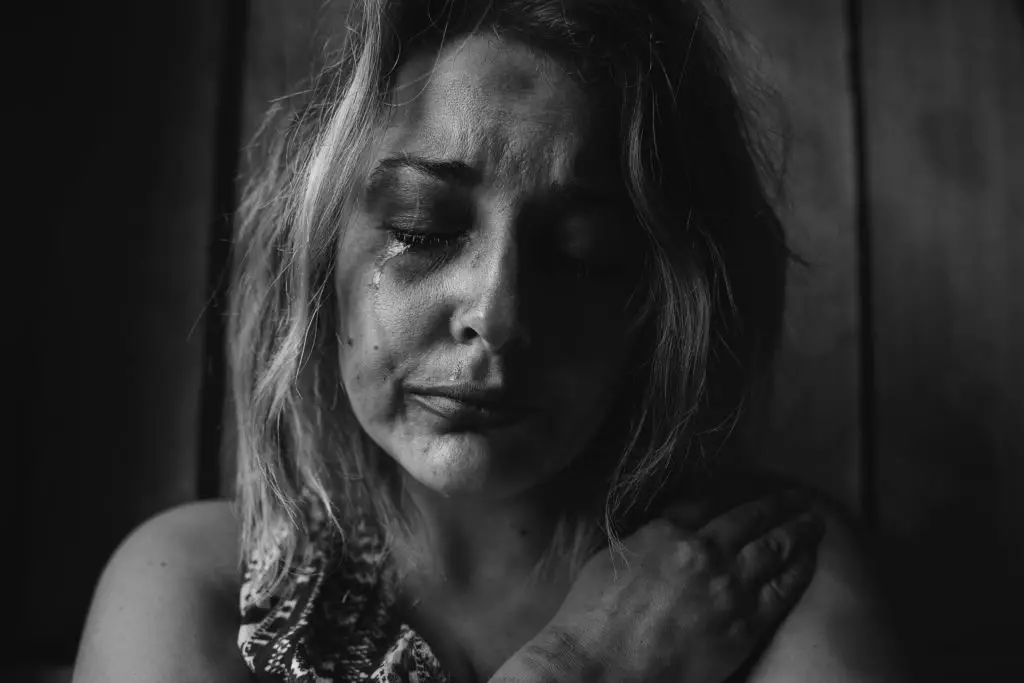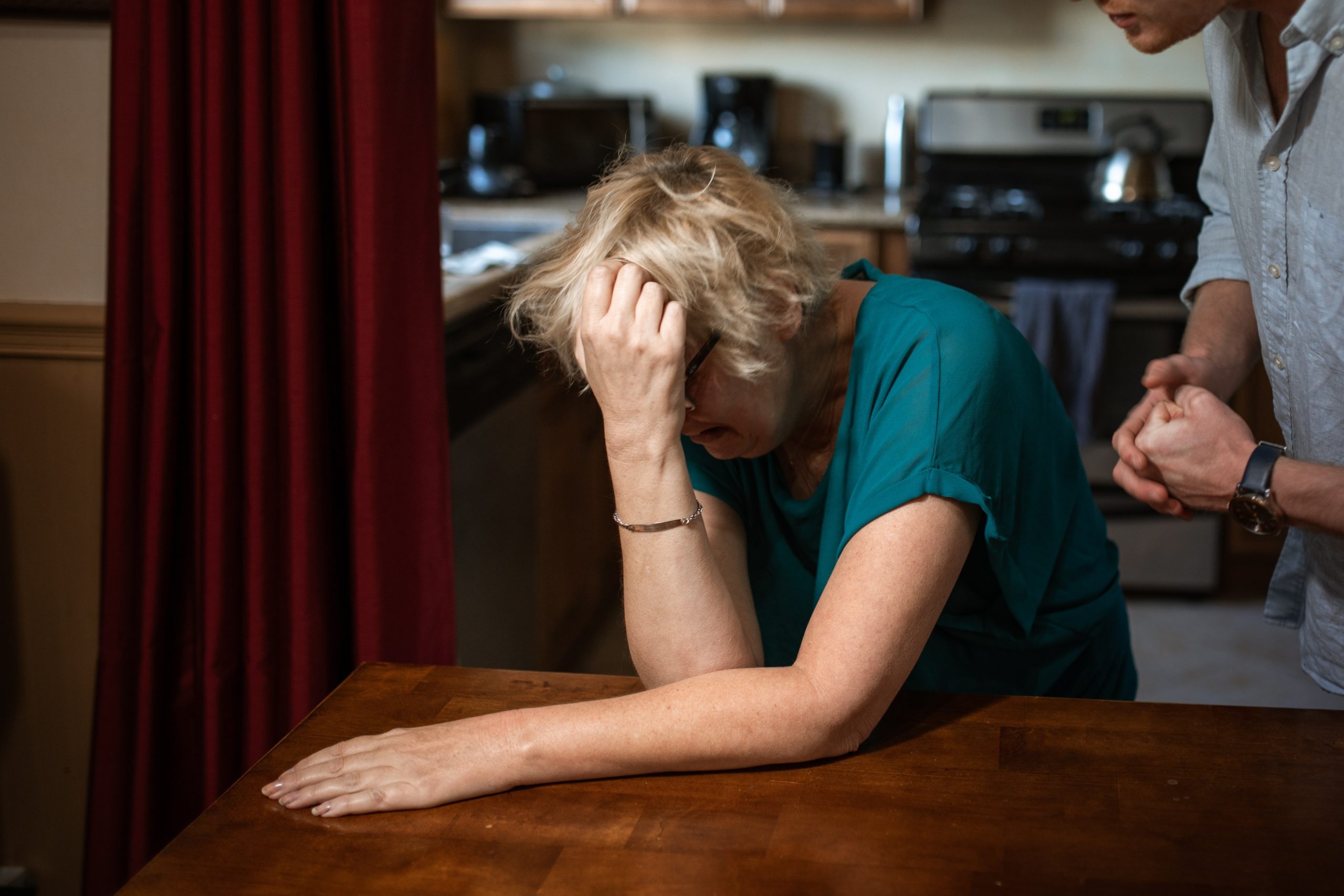Picture life as this big, vibrant painting, right? Mental health is like the main brushstroke, the backbone of the picture. It’s pretty delicate, much like a fine piece of embroidery, and can get spoiled by the harsh blow of abuse. We’ll untangle the complicated ties between abuse and mental health. Sure, it’s a tough trip – no two ways about that. But, it’s so important for building empathy, improving our understanding, and planting the seeds of healing in our shared awareness.
By doing this, we’re shedding some much-needed light on the subject, sparking more open discussions, and deepening our understanding of how abuse can have a lasting effect on mental health. It’s an essential step for everyone’s well-being, helping us to better support each other on our own journeys to recovery and health. What do you say, shall we embark on this journey together?

Table of Contents
The Invisible Wounds of Abuse
Abuse, in its many forms – emotional, physical, or sexual – doesn’t just leave marks on the body. More often than not, it etches a network of unseen wounds deep within a person’s mind. Though these scars might not be visible to the naked eye, they cast long, chilling shadows over a person’s emotional and mental health. They’re like thorny roots, feeding into an ever-growing tree of sadness, loneliness, worthlessness, and a pervasive fear that can reach into every nook and cranny of daily life.
Think of it as a beautiful landscape being slowly taken over by an unwelcome fog of pain and fear. The sun may be shining brightly, but to the person enveloped in the mist, the world can seem gloomy and intimidating. The crucial thing to remember here is that just like a physical wound needs care and time to heal, these emotional injuries also require understanding, compassion, and patience. It’s a crucial step towards restoring mental health and reclaiming a life of peace and happiness.
Mental Health Disorders Stemming from Abuse
Experiencing abuse, in all its cruel forms, is more than just a painful incident – it’s a potent trigger that can ignite a host of mental health disorders. Victims often find themselves adrift in a stormy ocean of emotions and mental difficulties, struggling to stay afloat. The mental health conditions that could arise from this turbulent voyage include depression, anxiety, post-traumatic stress disorder (PTSD), and, in extreme cases, suicidal tendencies.
Depression
This mental health condition often manifests as a thick fog of continuous sadness, despair, and anhedonia, which is the inability to feel pleasure in normally enjoyable activities. For those suffering from depression following abuse, life may seem void of color and joy. Their world, once vibrant and full, might appear dull and devoid of hope.
Anxiety
In the aftermath of abuse, victims may experience anxiety that feels like a continuous high-alert state. They might live with a persistent sense of dread, restlessness, and apprehension, making even the simplest day-to-day activities seem like insurmountable tasks.
PTSD
Post-traumatic stress disorder is a mental health condition that can emerge when the traumatic experiences of abuse continue to echo in a victim’s mind. These echoes can take the form of recurring nightmares, intrusive thoughts, or flashbacks, creating a constant battle against the ghosts of the past.
Suicidal tendencies
When the pain from abuse intensifies and hopelessness takes root, victims may start to harbor suicidal thoughts and behaviors. This is an extreme manifestation of the mental health impact of abuse, underscoring the severity of its emotional fallout.
While it’s a daunting list, it’s crucial to understand that there is help available for each of these conditions. Therapists, counselors, and support networks can all provide valuable assistance, ensuring that victims of abuse are not alone in their journey towards recovery.

The Road to Recovery: Healing from Abuse
While the dark clouds of abuse can cast a shadow on one’s mental health, remember, every cloud has a silver lining: recovery is more than possible – it’s within reach. Indeed, healing the deep-seated wounds left by abuse can be a long, winding journey. But with professional help, personal resilience, and a network of supportive relationships, survivors can reclaim the joy, peace, and mental well-being that are rightfully theirs.
Seeking Professional Help
It’s like having a guiding star in the dark night. Therapists and counselors who are adept in trauma recovery can provide insights, tools, and strategies to navigate the stormy seas of post-abuse emotions. They can assist survivors in understanding and processing their feelings, equipping them with coping mechanisms, and guiding them on their healing journey.
Supportive Relationships
Like a lighthouse in the storm, the presence of a robust support network – whether it be friends, family, or supportive groups – can make a world of difference. You’re never alone in your journey, and reaching out to those who care for you can provide emotional strength and companionship during difficult times.
Self-care
Finally, consider self-care as your life raft, a saving grace amid turbulent waters. Engaging in activities that bring you peace, joy, and relaxation is incredibly healing. Be it yoga, meditation, immersing yourself in a good book, or simply indulging in a relaxing bubble bath – these acts of self-love help create a safe and nurturing space for recovery.
In the end, it’s about taking one step at a time on your healing journey, knowing that with every step, you’re getting closer to reclaiming your mental health and rediscovering the joy of being you.
Conclusion
We’ve traversed a challenging landscape together, unmasking the deep-seated effects of abuse on mental health. While the journey might seem bleak at times, always remember, behind every storm is a rainbow of hope: the promise of recovery. No matter how fierce the storm has been, it’s heartening to realize that with professional assistance, unwavering personal strength, and a comforting circle of support, you can step out of the shadows of abuse into the radiant sunshine of mental well-being.
Remember, therapists and counselors are like your guiding North Star, showing you the path through the wilderness of post-abuse emotions. Surrounding yourself with supportive relationships, be it friends, family, or support groups, is like having a gentle hand to hold, guiding you through the toughest terrains. And self-care, dear friends, is your life-saving oasis. It’s your personal sanctuary where you can rest, heal, and gather strength for your journey ahead.
As we wrap up, bear in mind that healing is a journey, not a destination. Each step you take, however small, is a step towards reclaiming your mental health, finding peace, and rediscovering the joy of being your authentic self. So take heart, my friends, because even in the wake of the storm, you possess the strength to rebuild. Together, let’s continue fostering empathy, promoting understanding, and nurturing the seeds of healing – for ourselves and for each other.
